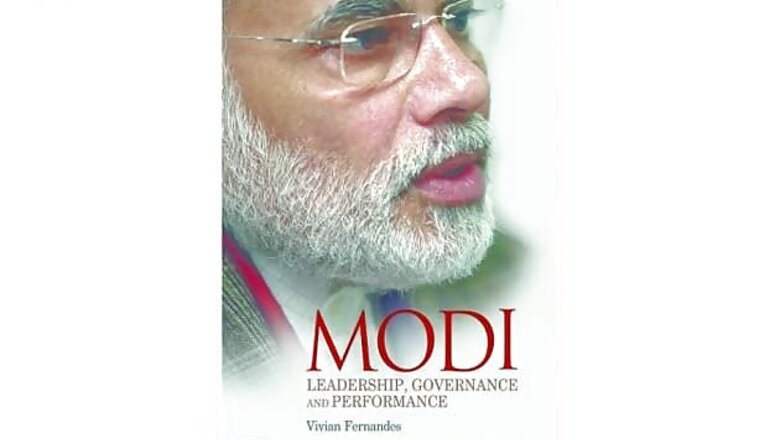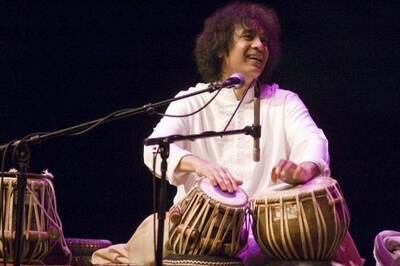
views
Prime Minister Indira Gandhi's passing away was supposed to be the end of charismatic politics. Her hold on people was so mesmerizing that she could get people elected regardless of their credentials. With total power over party and cabinet she privileged personal loyalty over allegiance to the Constitution. India's democratic institutions crumbled under the weight of her commanding personality.
Rajiv Gandhi's brute numbers in Parliament was the fallout of Indira Gandhi's assassination. He acted imperiously before and during his years as Prime Minister. '(H)is unprecedented majority turned his head completely,' said the Socialist Madhu Limaye in his 1989 book on cabinet government in India. 'No sooner had he formed his cabinet in January 1985 than he virtually put it on shelf,' Limaye wrote.
The anti-defection law and the Punjab and Assam accords were signed, according to Limaye, without cabinet being taken into confidence. Government was run like a club. Ministers were moved around at will. An example of Gandhi's highhandedness was the sacking of his foreign secretary, a veteran with thirty-six years of experience, at a press conference.
After Prime Minister Narasimha Rao ushered in major economic reforms with a finance minister who had not been tested in the electoral background and without Congress majority in Parliament the realization gained ground that governments, without towering leadership, could perform. In fact, mass appeal could be a disadvantage. Wise lightweights could achieve desirable change through negotiation and compromise because they did not pose a threat to partners. The continuation of reforms by subsequent Prime Ministers HD Deve Gowda and Inder Kumar Gujarat supported this theory.
It got endorsement when Prime Minister Atal Behari Vajpayee failed to lead his coalition to victory in 2004, Vajpayee had a giant personality. His shock defeat to the Congress led by a rather diffident Sonia Gandhi and the anointing of the shy and withdrawing Manmohan Singh as head of government seemed to suggest that India was done with fiery orators who could move the masses.
Soon after those elections, the political commentator Pratap Bhanu Mehta wrote in Seminar that Indian politics had changed structurally and it would be difficult for powerful national leaders to emerge. Parties had become loyalty-inducing machines. Emerging leaders were felled the moment their ambition crossed set limits. Regional satraps cancelled each other out; consensus-seeking neutral leaders had a greater chance at the centre, Mehta said.
But he did leave the possibility open. Extraordinary leaders could emerge 'under very exceptional circumstances or by an extraordinary act of political imagination.'
If Manmohan Singh's elevation as Prime Minister was the highpoint of non-charismatic politics, his latter term in office showed the limits of the politics of self-effacement. People did not want a leader who would walk all over them; but they do not want one who would be walked over. Narendra Modi's his polar opposite, barged through doors which Singh opened.
Modi's emergence on the national scene is the triumph of pure Will. It is sheer ambition that has helped him surmount the odds. Singh's 'emasculated goodness' has robbed him of authority. It has allowed Modi to project himself as deliverer. The pendulum of politics has swung back thirty years.
(These are excerpts from a book on Modi: Leadership, Governance and Performance, by Vivian Fernandes. For details visit www.orientpublishing.com. Vivian is a journalist with 30 years of practice, most of it with the Network18 group. The book is entirely self-financed; there is no institutional backing).




















Comments
0 comment